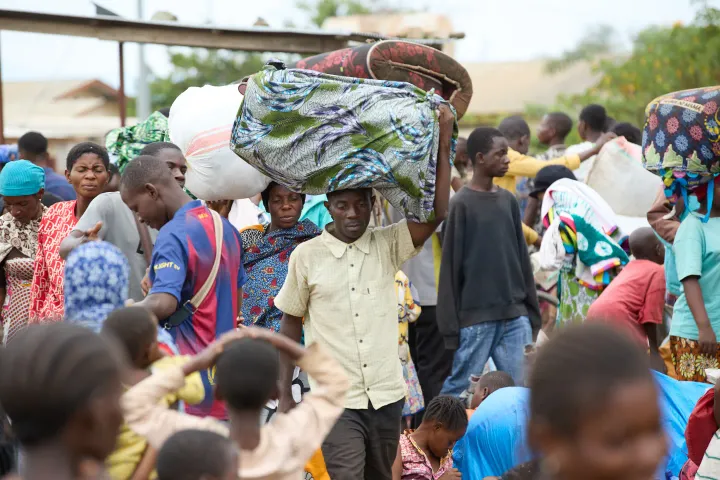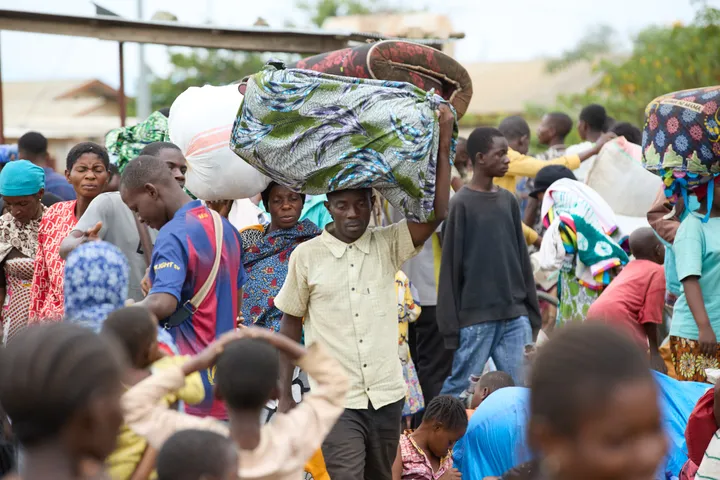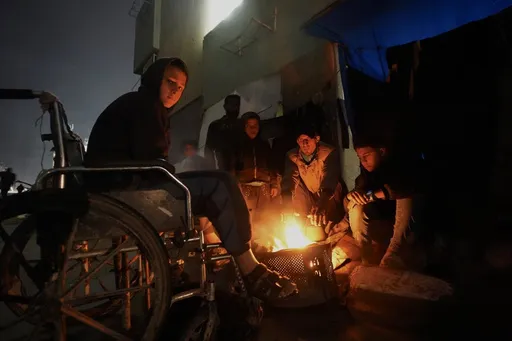The general election in Zimbabwe was marred by issues with the distribution of voting materials on Wednesday, with the electoral authority lately announcing that voting would be extended until Thursday morning in some areas, including the capital Harare.
Earlier in the morning, Zimbabweans started casting their votes in the second polls after the 2017 coup that deposed late longtime President Robert Mugabe.
In most parts of the country, polling began at 7am local time (0500GMT) and lasted until 7pm local time (1700GMT).
The election is viewed as crucial as incumbent President Emmerson Mnangagwa who is seeking his second term is vying against main opposition candidate Nelson Chamisa of the Citizens Coalition for Change (CCC) party and other opposition candidates.
Zimbabweans are also electing new councilors and members of parliament but the presidential race is the most crucial.
Lack of voting materials
The election results will also determine the new makeup of the 350-seat parliament and more than 1,900 local council positions.
Earlier, voting was delayed at most polling stations in the capital Harare due to a lack of voting materials such as indelible ink and council ballot papers.
After casting his ballot, Chamisa spoke to the media and accused the Zimbabwe Electoral Commission (ZEC) of supporting the ruling party The Zimbabwe African National Union–Patriotic Front (ZANU-PF), calling the poll a sham.
"ZEC has disappointed us. People came in large numbers. They are concentrating their efforts on cities. ZANU-PF knows we are going to win this election, and we have as there is complete support in both urban and rural areas," Chamisa claimed.
By 4 pm, most polling stations in Harare had not received voting materials for local authorities, he alleged, adding that voting at Westlea Primary School, for example, began at 4:20 pm, rather than the constitutional 7am.
Apology
Ndoro Masimba, a presiding officer at the polling station, admitted the problems and apologised to the voters who were waiting to vote.
"We apologise for the delay in beginning the voting process. To compensate for the time lost while you waited, we will begin now at 4:20pm and end the following morning at 4:20 am," Masimba said.
Voters continue to queue at the polling station, with the majority vowing to vote at all costs.
In a press statement, ZEC admitted the delays that rocked the voting processes in several polling stations in towns and cities.
“Regrettably, the delays in the distribution of the voting materials are a result of legal contestations that have occurred throughout the province (Harare).
Resolving challenges
However, the Zimbabwe Electoral Commission assures the public that every effort is being made to swiftly resolve these challenges and expedite the distribution process,” ZEC said.
But analysts said that, as in previous Zimbabwean elections, ZANU-PF, which has been in power for 43 years, had been using state institutions to ensure it would stay in power.
"The electoral playing field is heavily skewed in favor of the ruling party," said privat e firm Africa Risk Consulting.
In townships like Kuwadzana, Glen View, Dzivarasekwa, and Budiriro, long and winding queues of patient voters were seen, with officials making sure that the voting material was going to be delivered.
"I was looking forward to this day," she said. "I hope my vote will count."
























